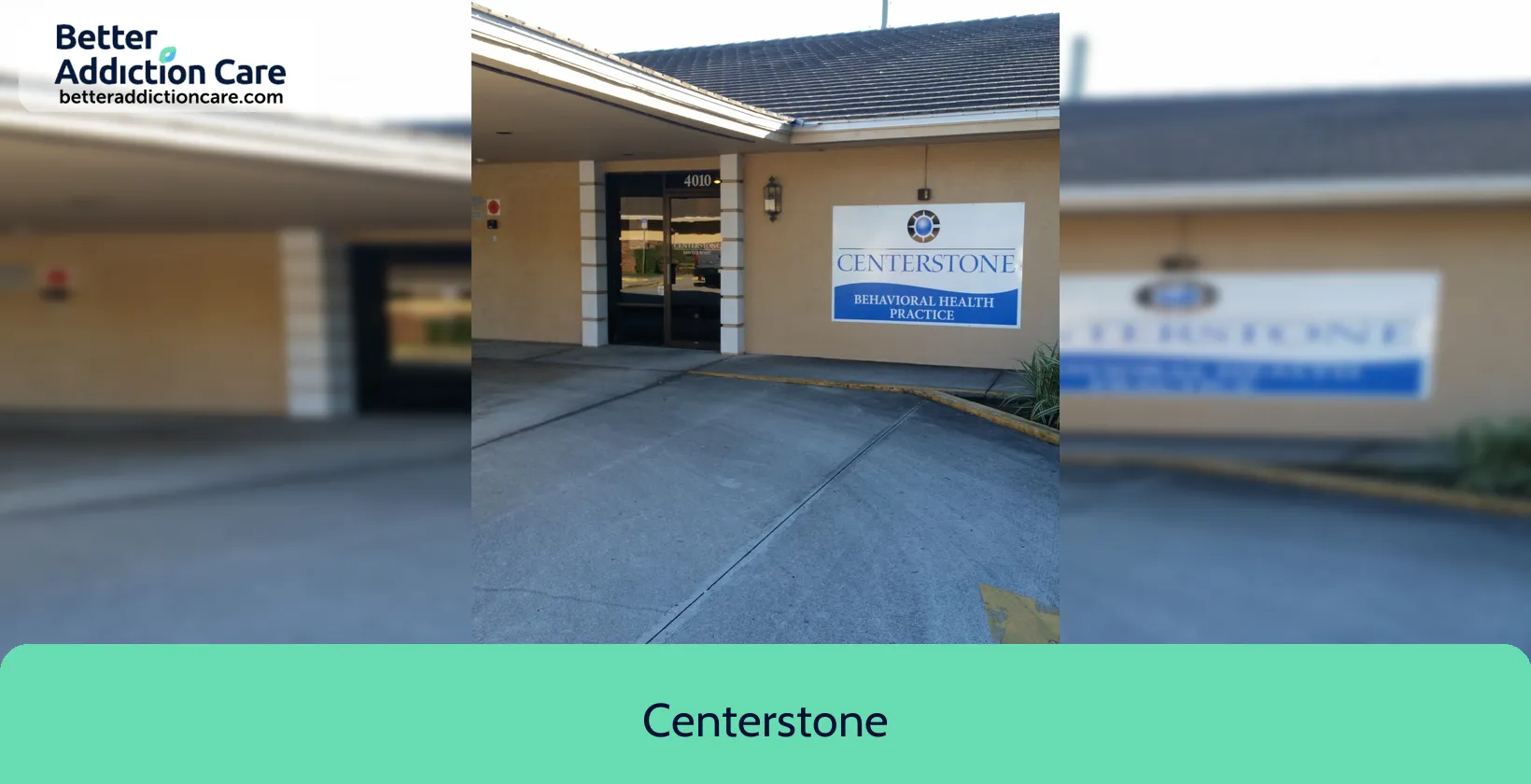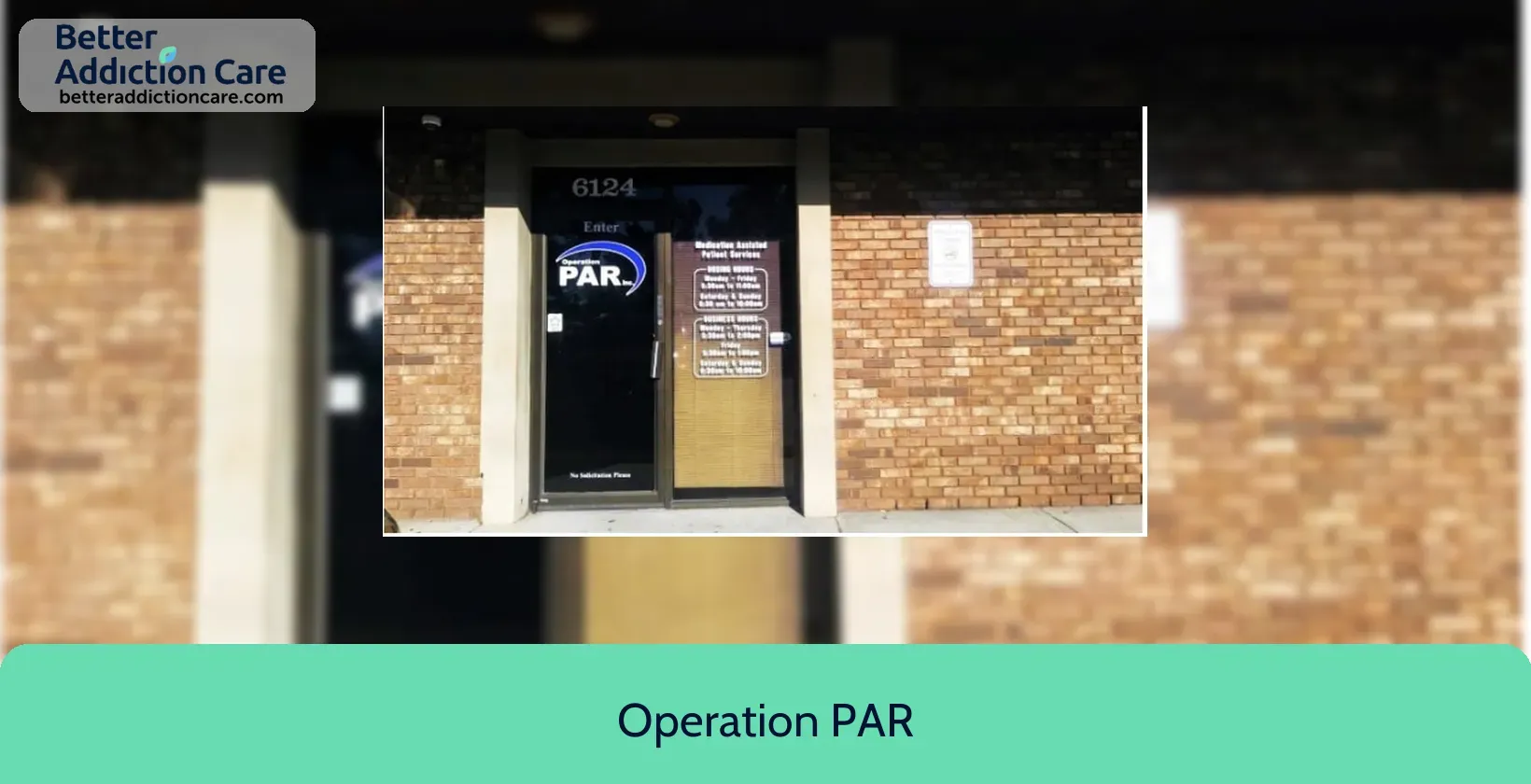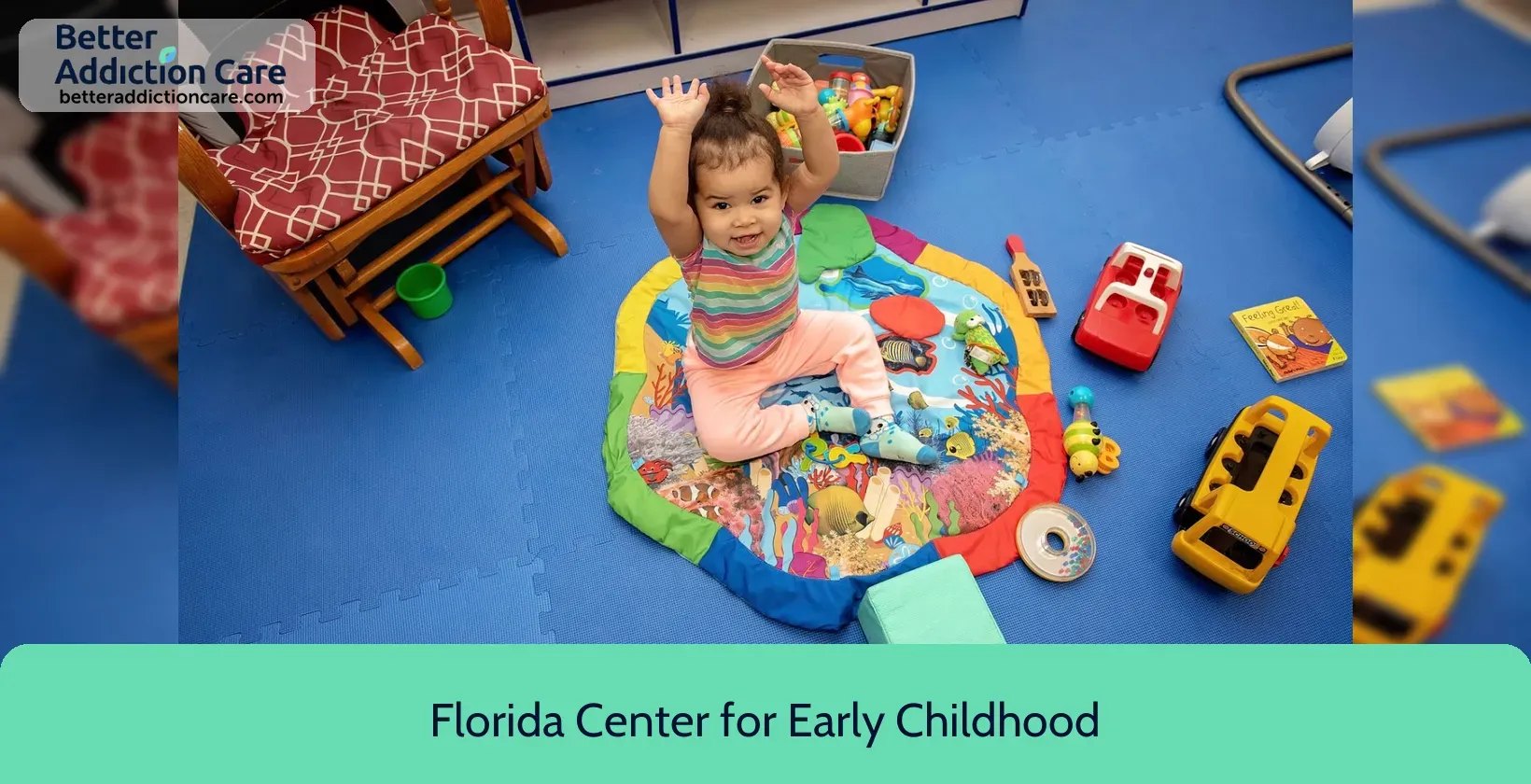
Overview
JFCS of the Suncoast is a mental health treatment center for people seeking treatment near Sarasota County. As part of their treatment modalities for recovery, JFCS of the Suncoast provides couples/family therapy, group counseling, and cognitive behavioral therapy during treatment. JFCS of the Suncoast is located in Sarasota, Florida, accepting cash or self-payment for treatment.
JFCS of the Suncoast at a Glance
Payment Options
- Cash or self-payment
- Medicaid
- Medicare
- Private health insurance
- State mental health agency (or equivalent) funds
Assessments
- Comprehensive mental health assessment
- Comprehensive substance use assessment
Age Groups
- Children/adolescents
- Young adults
- Adults
- Seniors
Ancillary Services
- Court-ordered outpatient treatment
- Family psychoeducation
- Suicide prevention services
Highlights About JFCS of the Suncoast
6.65/10
With an overall rating of 6.65/10, this facility has following balanced range of services. Alcohol Rehabilitation: 8.00/10, Drug Rehab and Detox: 6.00/10, Insurance and Payments: 6.00/10, Treatment Options: 6.61/10.-
Alcohol Rehabilitation 8.00
-
Treatment Options 6.61
-
Drug Rehab and Detox 6.00
-
Insurance and Payments 6.00
Treatment At JFCS of the Suncoast
Treatment Conditions
- Alcoholism
- Mental health treatment
- Substance use treatment
- Co-occurring Disorders
Care Levels
- Outpatient
Treatment Modalities
- Couples/family therapy
- Group counseling
- Cognitive behavioral therapy
- Integrated Mental and Substance Use Disorder treatment
- Telemedicine/telehealth therapy
Ancillary Services
Languages
- Sign language services for the deaf and hard of hearing
- Spanish
Special Programs
- Clients who have experienced trauma
- Persons with post-traumatic stress disorder (PTSD)
Get Help Now
Common Questions About JFCS of the Suncoast
Contact Information
Other Facilities in Sarasota

6.74

6.72

7.31

7.43

6.80

6.86

7.33

6.62
DISCLAIMER: The facility name, logo and brand are the property and registered trademarks of Florida Center for Early Childhood, and are being used for identification and informational purposes only. Use of these names, logos and brands shall not imply endorsement. BetterAddictionCare.com is not affiliated with or sponsored by Florida Center for Early Childhood.
